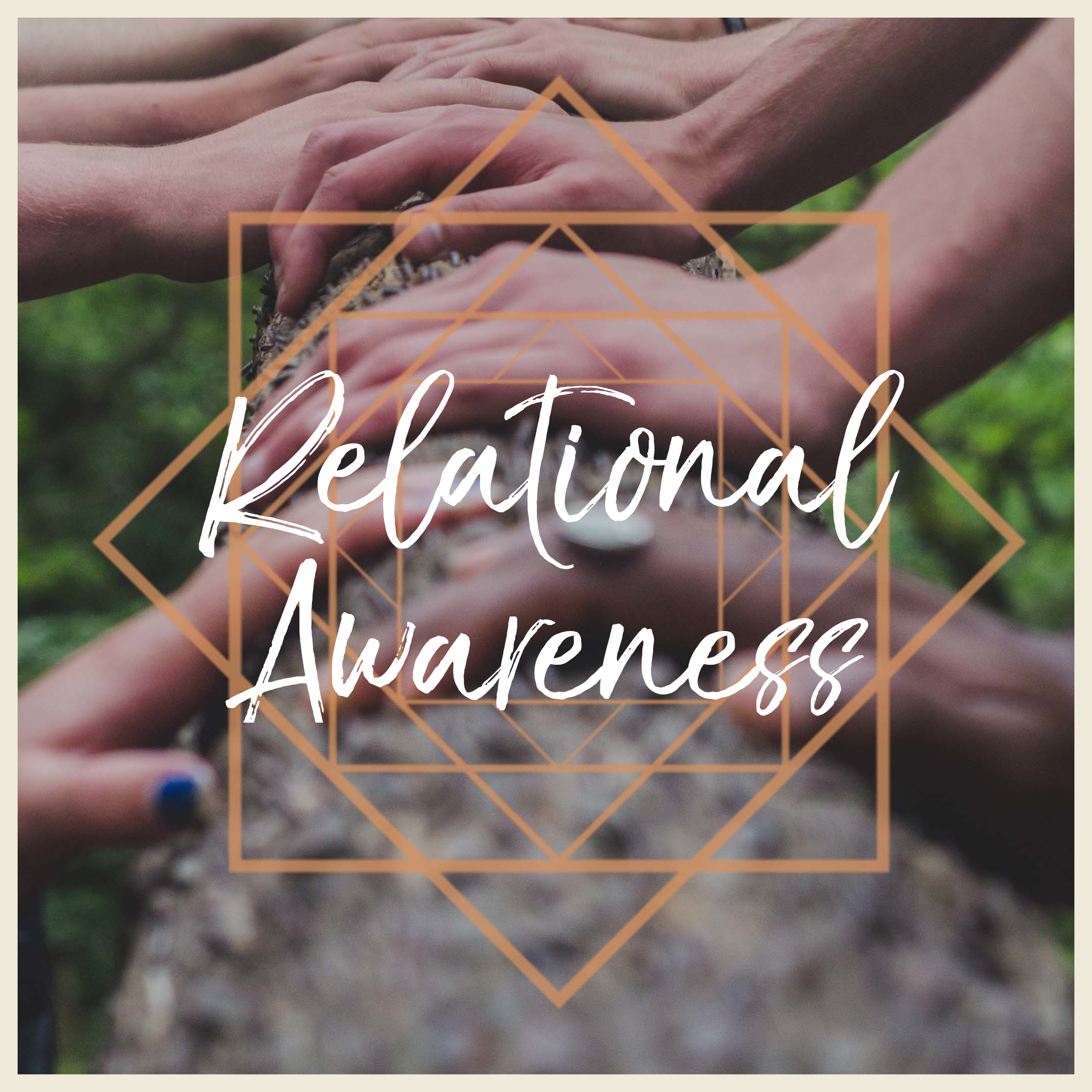
Modalities
I’ve always naturally perceived myself as interacting or communicating from varying types of parts within me, with various expressions and needs. In my later adult life, within my own healing path, I came across Gestalt and Hakomi therapies, both of which often referred to parts or places within me which held information about aspects of my childhood history or emotional trauma and which have tried to assist my survival.
I learned then how to locate these parts and places inside of myself and, whenever the therapist would communicate to them, I would learn something new about myself. This often left me feeling like I made sense to myself, with more freedom to move through life in a whole way.
In my early 50's, I encountered Internal Family Systems (IFS) by Richard Schwartz, and found it to be the most self led therapeutic modality by far and one that can quickly gain traction in a person's life.
The central claim of IFS is that our core need to exist gives rise to subpersonalities within us that assume various protective roles. In response to threat, our survival instinct forces a splitting of our sense of self into a family of internal parts, each with its intelligent strategy to support our survival.
The beauty of this modality is that it places the tools for self leadership directly into your hands, allowing you to track and locate sudden internal shifts that blindside you, that take you from feeling confident to insecure seemingly out of the blue.
In my own personal experience, I have been able to create a map of my parts and, over a short period of time, meet them, understand them, and support them to move into more integrated states of health - all of which has given me a growing sense of agency.
Listen to Dr. Richard Schwartz introducing Internal Family Systems in a conversation with Tim Ferriss.

Soma originates from the Greek word body, as distinct from the soul, mind, or psyche. Somatic Awareness (SA) is building a relationship to the experience of the body so one can intimately track its location in space, sensations, feelings, and emotions: the temperature or impulse moving through the system.
Over years of my own awareness building of my body, I have learned to track it quite immediately in reference to any experience I'm having, and to not doubt or question what's actually happening, but rather to be curious about it. I find that, when I can open up to the sensation or impulses with breath and awareness, it can all move through me and inform me of my needs or next steps.
Learn more about Somatic Awareness and how to develop it from Elfreda Manahan-Vaughan.
Embody / Embodiment
This is perhaps the richest aspect of the work. Learning how to track the sensations and experience of your body will allow you to feel and track the changes you’re desiring. This coming into somatic awareness (see above) is the key to knowing how your body is reacting to and interpreting every situation you find yourself in, as well as what it, and by extension you, are needing and desiring.

Throughout the years of this work, I continue to mine the incredible benefits of the Enneagram. The Enneagram is a system of personality typing which describes patterns in how people perceive the world and manage their emotions. It is a powerful self leadership tool which not only gives each personality type insight into why they act or react as they do in the world, but offers them a specific path to health and wholeness.
The Enneagram has assisted me in making so much sense of myself, which has in turn allowed me to come more clearly and more deeply into self acceptance. As I’ve come to understand my Enneagram type, I have found myself saying, "hmm this is why I struggle so much socially," or "oh that's why I hide parts of myself.” This self awareness has given rise in me to relief and permission to be me.
The Enneagram also gives me a “title” to assist me to understand how to fit into the community. Knowing my type and knowing my strategies of relating has helped me communicate relationally more effectively.
All of this has led me to greater self acceptance, and brought me yet another type of freedom allowing me to move with more wholeness in my life.
To get a sense of the Enneagram, watch Dr. Tom LaHue's overview.

When I first encountered Relational Awareness (RA), I instantly knew that this style of awareness, seemingly based in communication, is far more than what it appeared to be.
For me, RA has assisted me to make direct contact with my internal experience and to find accurate and articulate ways to communicate it to others.
Often in other healing modalities this piece gets left out. We do the work on ourselves only to get home or around others to find out that we fall short or feel afraid to share what has shifted and why. RA supports us here. It teaches us how to stay in connection with ourselves as we are in connection with others: how to track our experience, how to own what we need, and how to be curious even inside of hard moments.
People who have developed relational awareness can:
Talk about their earlier relational experiences and how they shaped their relationships today.
Turn their attention inward and name what they are feeling, rather than act out what they are feeling.
View a relationship problem as a combination of “some stuff I did wrong” and “some stuff you did wrong.”
Listen to feedback about themselves without fighting back or running away. Or, more realistically, they can catch themselves as they start to fight back or run away, and try again to listen to the feedback with openness.
In short, relational awareness is the ability to take a curious stance in relation to yourself in the context of your relationships. RA is the bridge that will assist you with your personal work, equipping you with the ability to communicate both boundaries and care about all that you need to make explicit for the changes you’re going through as you heal.

Our ancestors sensed the nature of honoring to be a paramount expression to life and infused all pivotal moments of their existence with ritual. Ritual was a way to locate themselves in relation to each other, to nature, and to the ever changing course of life, be it external or in their human form.
These days, ritual seems to be associated either with pagan or religious ways of life, but to me, it feels like a forgotten art and, over the years, I have slowly woven it back into my life. One ritual we might take for granted is that of our day of birth. Its roots, however, are in a very sacred ritual honoring not only the child's day of birth, but also the path of mother- and fatherhood. Other rituals we are all familiar with are marriages and funerals, to name a few.





